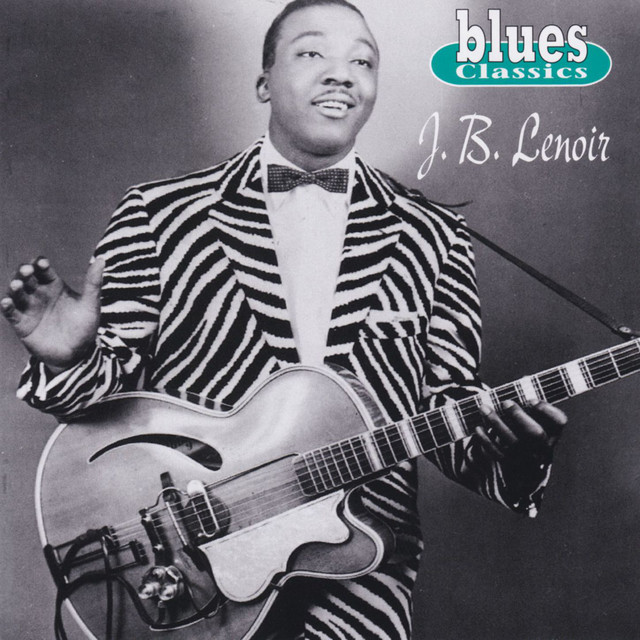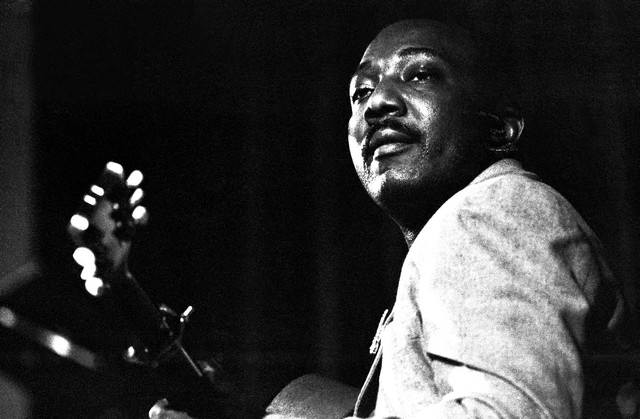J.B. Lenoir, with his sharp vocals, socially conscious lyrics, and unique guitar style, carved a distinct niche in the world of blues. Born in Mississippi in 1929, Lenoir’s music often addressed civil rights issues and political themes, setting him apart from many of his contemporaries. Here are five of his best songs that showcase his talent and enduring influence.
1. “Eisenhower Blues” (1954)
One of Lenoir’s most provocative songs, “Eisenhower Blues” directly criticized the economic policies of President Dwight D. Eisenhower. Its bold lyrics and catchy rhythm caused controversy, leading to the song being re-recorded as “Tax Paying Blues” due to pressure from the record label. Despite this, the original version remains a powerful statement on post-war American struggles and showcases Lenoir’s fearless approach to songwriting.
2. “Mama Talk to Your Daughter” (1954)
This track became one of Lenoir’s biggest hits, blending upbeat rhythms with playful, flirtatious lyrics. “Mama Talk to Your Daughter” features Lenoir’s signature high-pitched vocals and energetic guitar work, making it a standout in his discography. Its infectious groove and catchy chorus helped it become a blues standard, covered by numerous artists over the years.
3. “Alabama Blues” (1965)
“Alabama Blues” is a heartfelt protest song reflecting Lenoir’s experiences with racial discrimination in the segregated South. The song’s raw, stripped-down arrangement, featuring only Lenoir’s voice and acoustic guitar, highlights the emotional weight of the lyrics. It stands as a poignant example of how blues music can be a vehicle for social commentary and personal expression.
4. “Vietnam Blues” (1966)
Recorded during the height of the Vietnam War, “Vietnam Blues” is a stark, anti-war anthem that criticizes U.S. military involvement abroad. Lenoir’s direct, unflinching lyrics and simple yet powerful musical arrangement capture the frustration and disillusionment felt by many during that era. This song exemplifies his courage in using blues to address contemporary political issues.
5. “Don’t Dog Your Woman” (1955)
A classic example of Lenoir’s ability to blend traditional blues with his unique style, “Don’t Dog Your Woman” features rhythmic guitar riffs, a steady beat, and Lenoir’s distinctive vocal delivery. The song’s straightforward lyrics about love and respect resonate universally, making it a timeless piece that showcases his versatility as a blues musician.
Conclusion
J.B. Lenoir’s music remains influential not just for its musicality but for its bold social and political messages. His willingness to tackle controversial topics head-on, combined with his distinctive sound, ensures that his songs continue to inspire and resonate with blues enthusiasts around the world. Whether you’re new to his music or a long-time fan, these five songs are essential listening to understand the depth and impact of his artistry.


Comments are closed